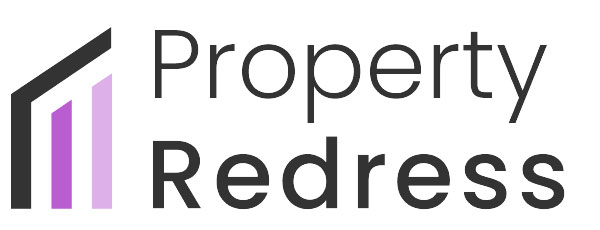The proposed Renters’ Rights Bill could improve security, rights and protections for renters across England, and, although it has not yet passed through Parliament, it’s expected to become law later this year or early 2026.
If you rent your home, this Bill could make a big difference to you, strengthening your rights, improving housing standards, and creating more security for you and your family.
At Charles Cox Lettings, we know that change can feel uncertain, so below we explain what this Bill could mean for tenants.
1. The End of Section 21 Evictions
One of the biggest changes is the planned abolition of Section 21 “no-fault” evictions. At present, landlords can end tenancies without giving a reason. Under the new system, landlords will need to use Section 8 and demonstrate valid grounds, such as rent arrears or wanting to sell the property.
For tenants, this means greater peace of mind and protection from sudden upheaval.
2. Rolling tenancies
The Bill proposes replacing fixed-term agreements with rolling, periodic tenancies. This will give renters more flexibility to move when they need to, without being tied to long contracts.
3. Rent protections
- Rent can only be increased once a year.
- At least two months’ notice must be given for any increase.
- Landlords must advertise a fixed asking rent, ending competitive “bidding wars.”
This will make it easier for tenants to budget and reduce the risk of unfair rent hikes.
4. More rights & protections
- Pets: Tenants will have the right to request permission to keep a pet, which landlords must consider fairly. Landlords may ask for pet insurance, but they cannot unreasonably refuse.
- Fair Access: It will be unlawful to discriminate against tenants with children or those receiving benefits.
- Decent Homes Standard: For the first time, private rented homes will need to meet the same quality standards as social housing.
- Awaab’s Law: Landlords will be legally required to deal with serious damp and mould within a set timeframe.
5. Lifetime Deposits
Moving home can be costly, especially if deposits are tied up. The Bill introduces a “lifetime deposit” that moves with the tenant, making it easier to transition between properties.
6. Support When Things Go Wrong
A new Private Rented Sector Ombudsman will be introduced, offering tenants a simple way to resolve disputes without lengthy court cases.
While the Renters’ Rights Bill has not yet passed, the proposed changes are designed to create a fairer, safer rental market for everyone. For tenants, this means more security, stronger protections, and greater confidence that your home will meet proper standards.
At Charles Cox Lettings, we’re committed to supporting tenants through these changes, keeping you informed and ensuring your tenancy is fair, transparent, and secure.
Need advice or support?
Whether you’re renting a home or letting out a property, change can feel uncertain. At Charles Cox Lettings, we’re here to guide you through the Renters’ Rights Bill and what it means in practice.
Our team manages properties across Eastbourne and beyond, supporting both landlords and tenants with clear advice, transparent processes, and a fair approach.
If you have any questions about your tenancy or property, get in touch with us today — we’re here to help.





